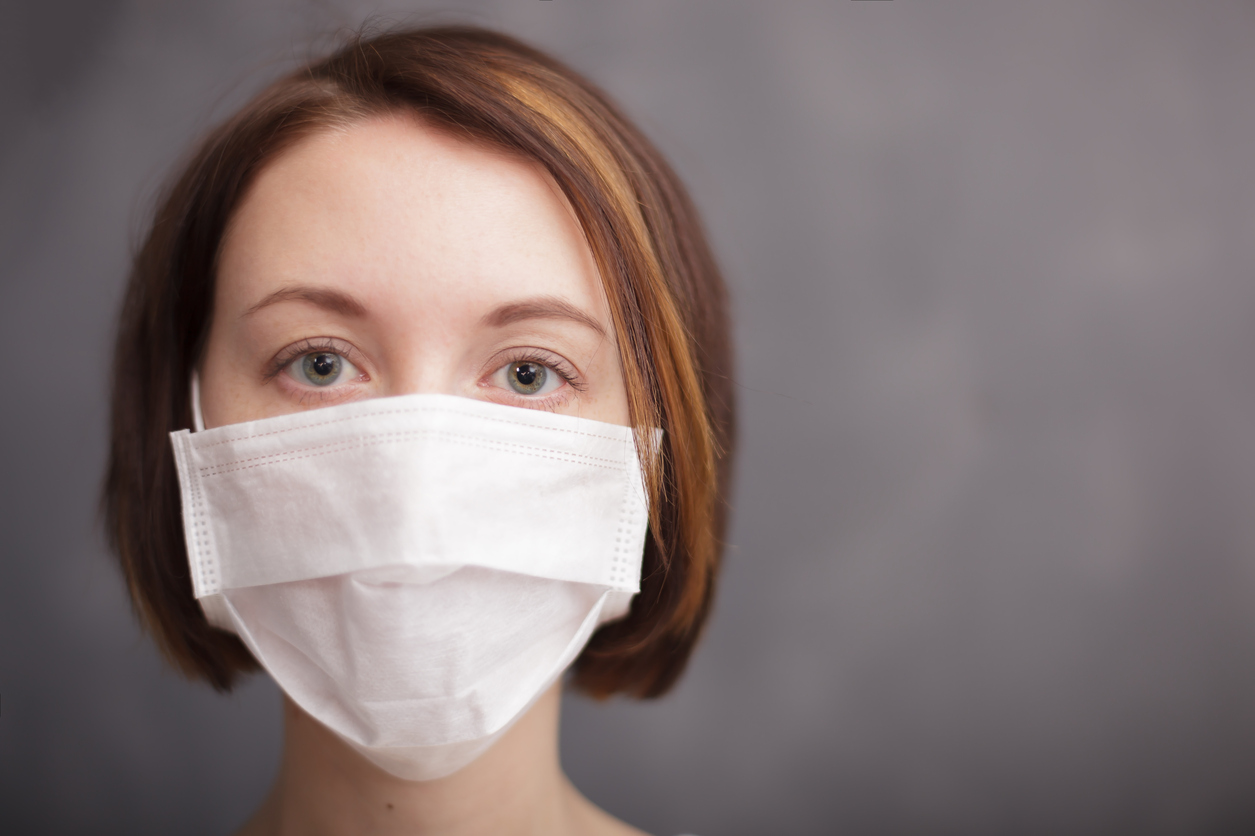If a pandemic or disaster struck in your community, would your pharmacy know how to properly assist?
That’s the issue PhD candidate Elizabeth McCourt is addressing in her issues brief ‘Improving pharmacist involvement in pandemic influenza planning and response in Australia (14/3/18)’.
The Queensland University of Technology Associate Lecturer is now seeking 400 pharmacists to participate in a survey before formulating her final recommendations (see survey).
Ms McCourt told Australian Pharmacist (AP) her research was not about pharmacists deploying to other countries after a disaster, but rather about disasters that could happen in our own backyard.
‘There is a misconception among a lot of people who have never been involved in a disaster or emergency – they believe that if a disaster were to affect their community, relief agencies and the defence force would be set up straight away,’ explained Ms McCourt.
‘Realistically it can take days for outside reinforcements to arrive, so it is up to the immediate community and those surrounding it to respond in the first instance.’
Ms McCourt indicated to AP that if pharmacists weren’t prepared for a disaster, not only would they be unable to help their community in such an event – they may cause more harm than good through practising inappropriately.
‘Disaster preparedness of pharmacists is an under-researched and poorly understood area in disaster management,’ she said.
‘Most literature focuses on nurses and doctors, so there is a better understanding of how prepared they are and how to make them more prepared. For pharmacists there isn’t much out there.’
Ms McCourt said she hoped her survey would provide better understanding around what pharmacists needed in order to be prepared for a disaster, so that we could begin to act on deficiencies.
‘I’m unsure of what the results will show, but I think there will probably be a lot of factors,’ said Ms McCourt, who has already conducted systematic literature reviews, interviews, and policy analysis on this topic.
‘Maybe we need to create training, guidelines, and policies for pharmacists to be prepared, and maybe we need to change legislation to allow pharmacists to be more secure in their pharmacy practice.’
Ms McCourt added that in the future she’d like to see improved collaboration between healthcare providers when it comes to planning for pandemics and disasters.
‘I want pharmacists to feel they can approach their local hospitals, general practitioners, or government and say, “I can do this if there is a disaster, I’ve made these plans, I’m prepared, you can count on me”,’ she said.
‘That sort of collaboration would be extremely powerful and really assist with better health management in the aftermath of a disaster which means better health outcomes for our patients.’








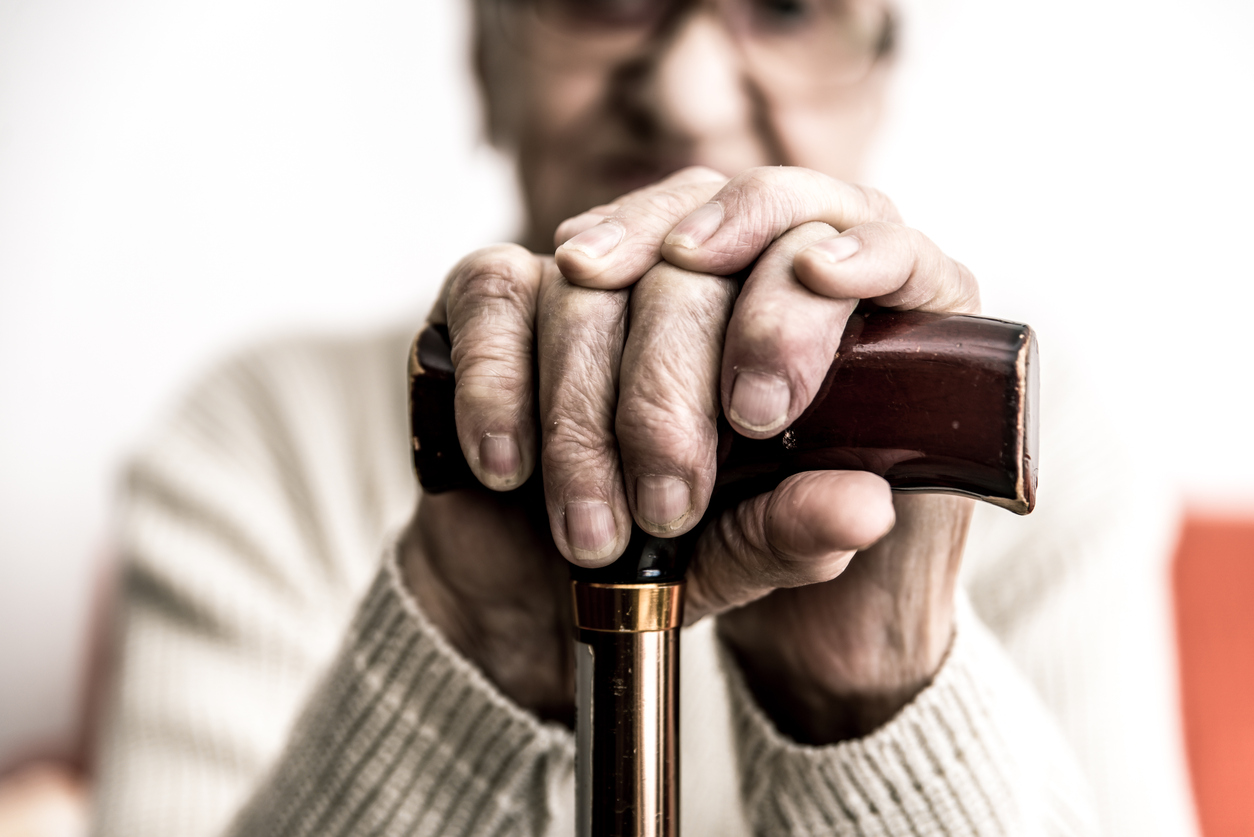




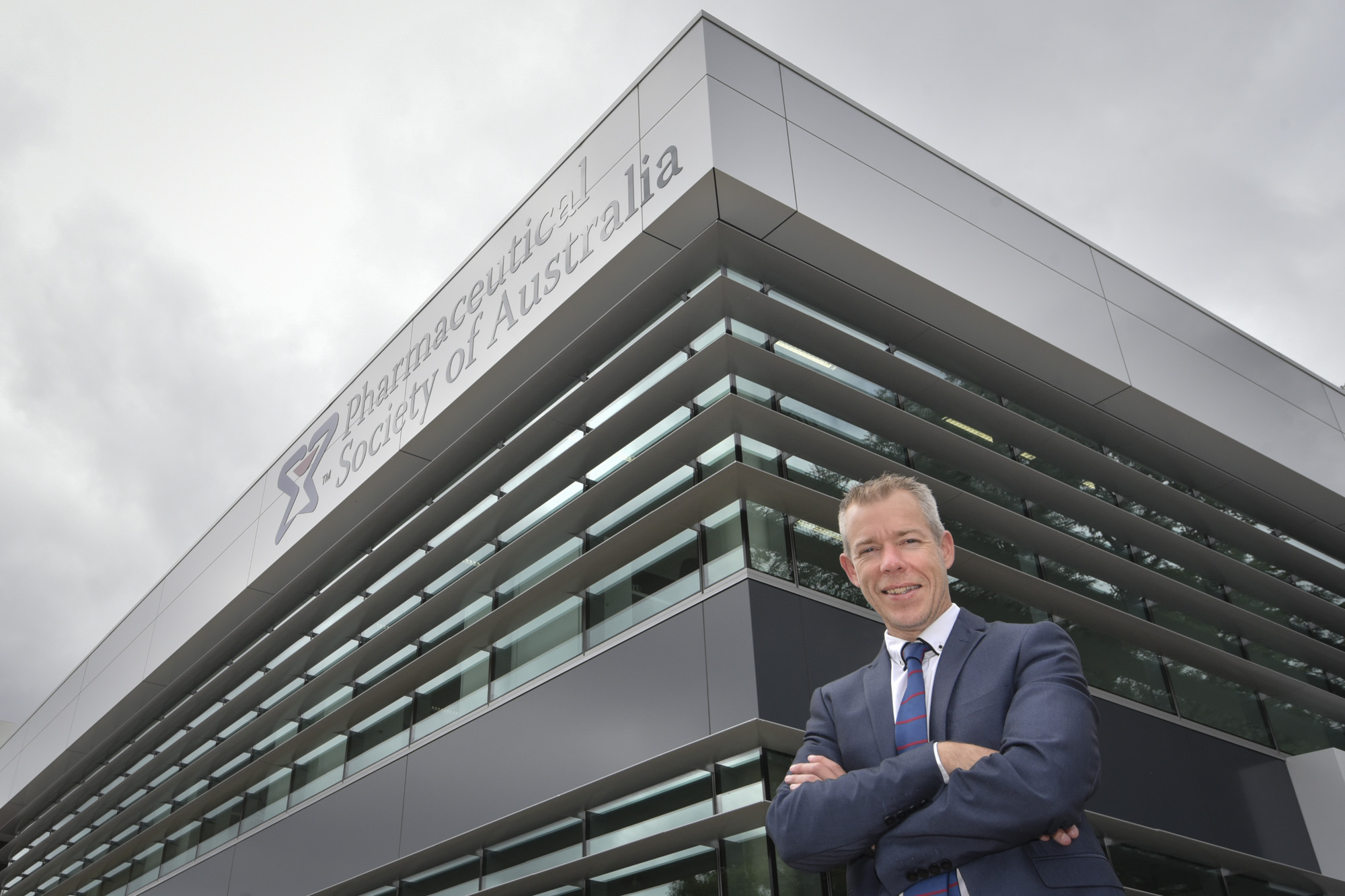
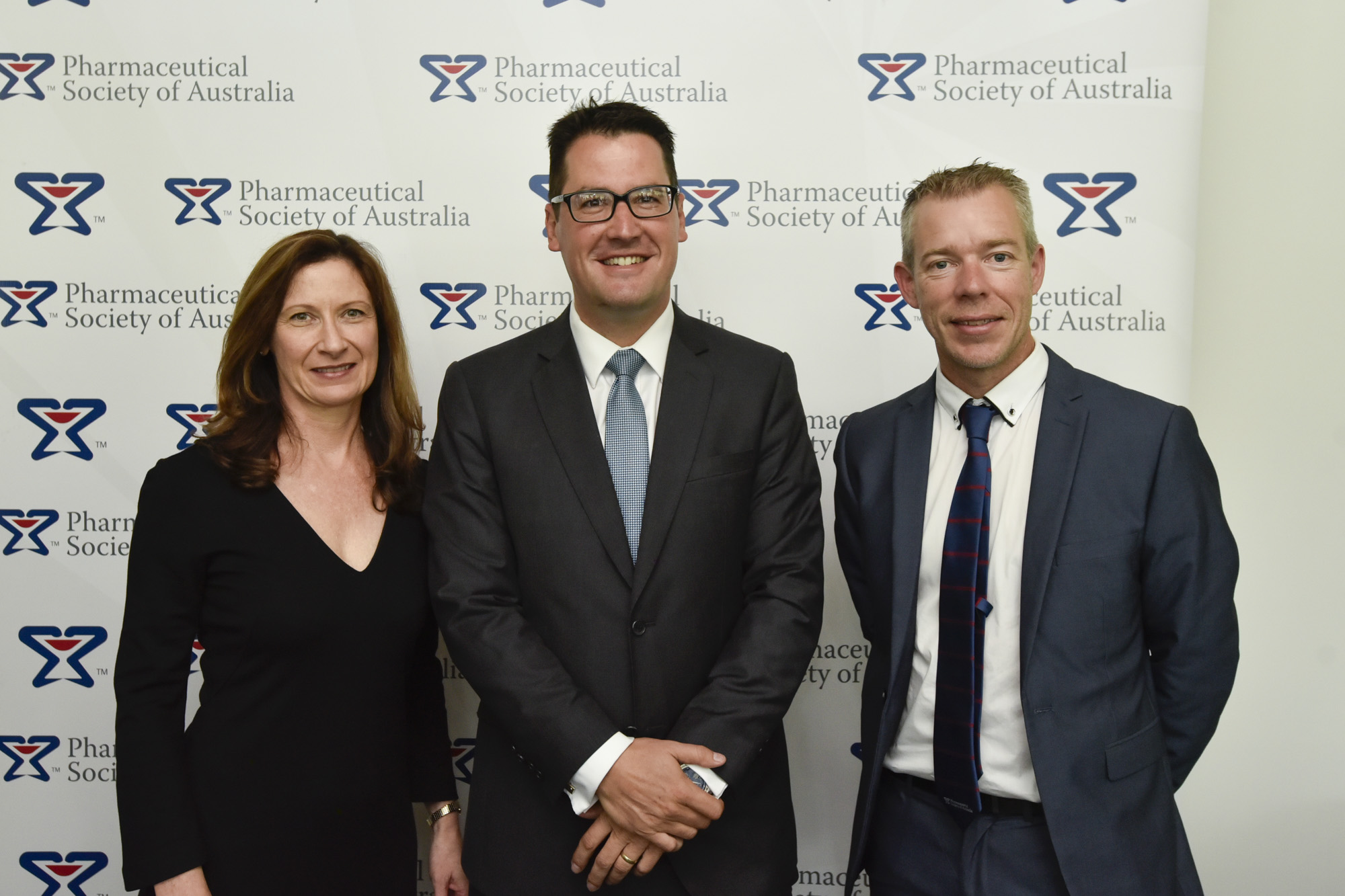 PSA Chief Operating Officer Deb Bowden, Senator Zed Seselja and PSA National President Dr Shane Jackson.[/caption]
PSA Chief Operating Officer Deb Bowden, Senator Zed Seselja and PSA National President Dr Shane Jackson.[/caption]
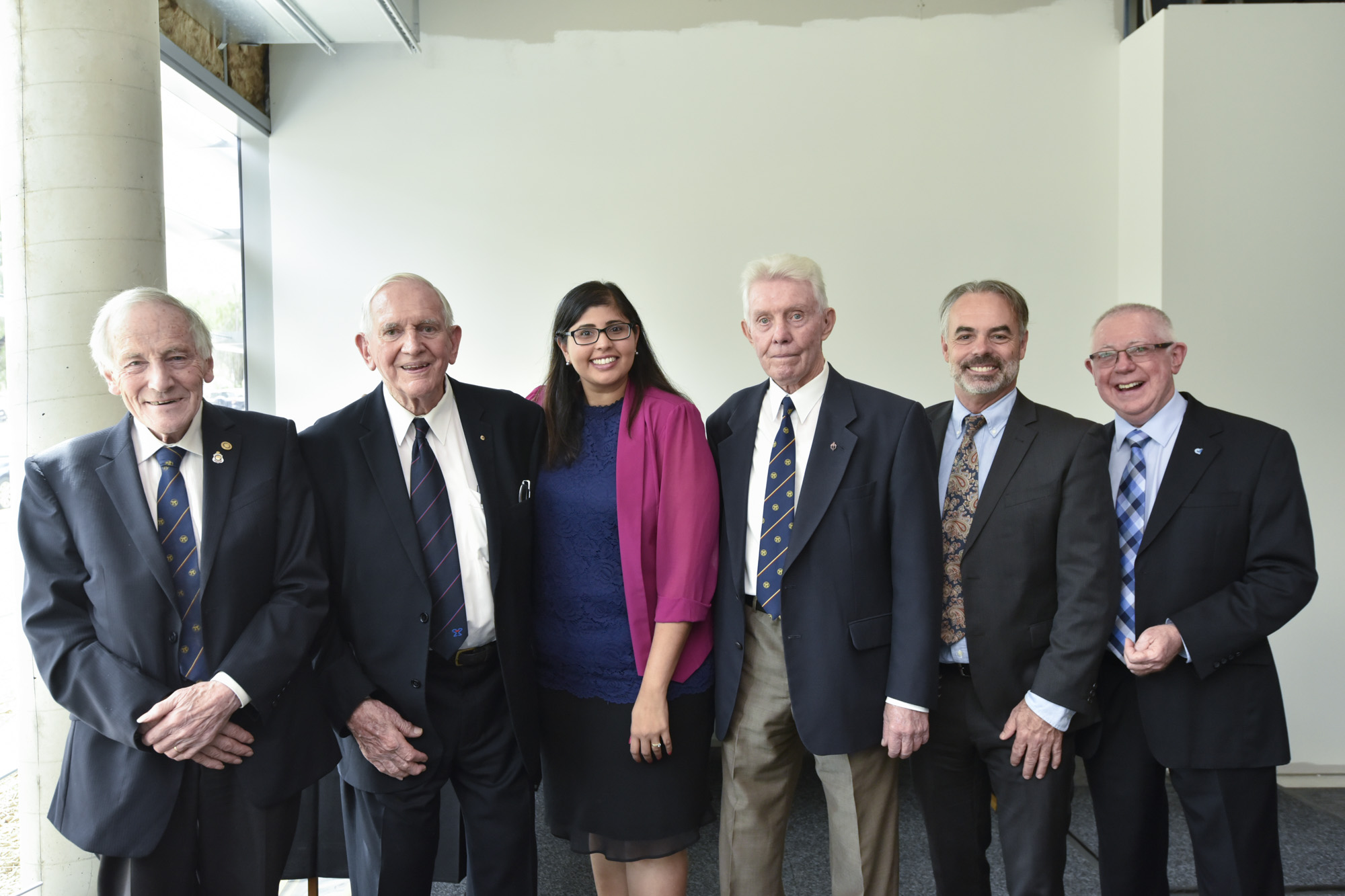

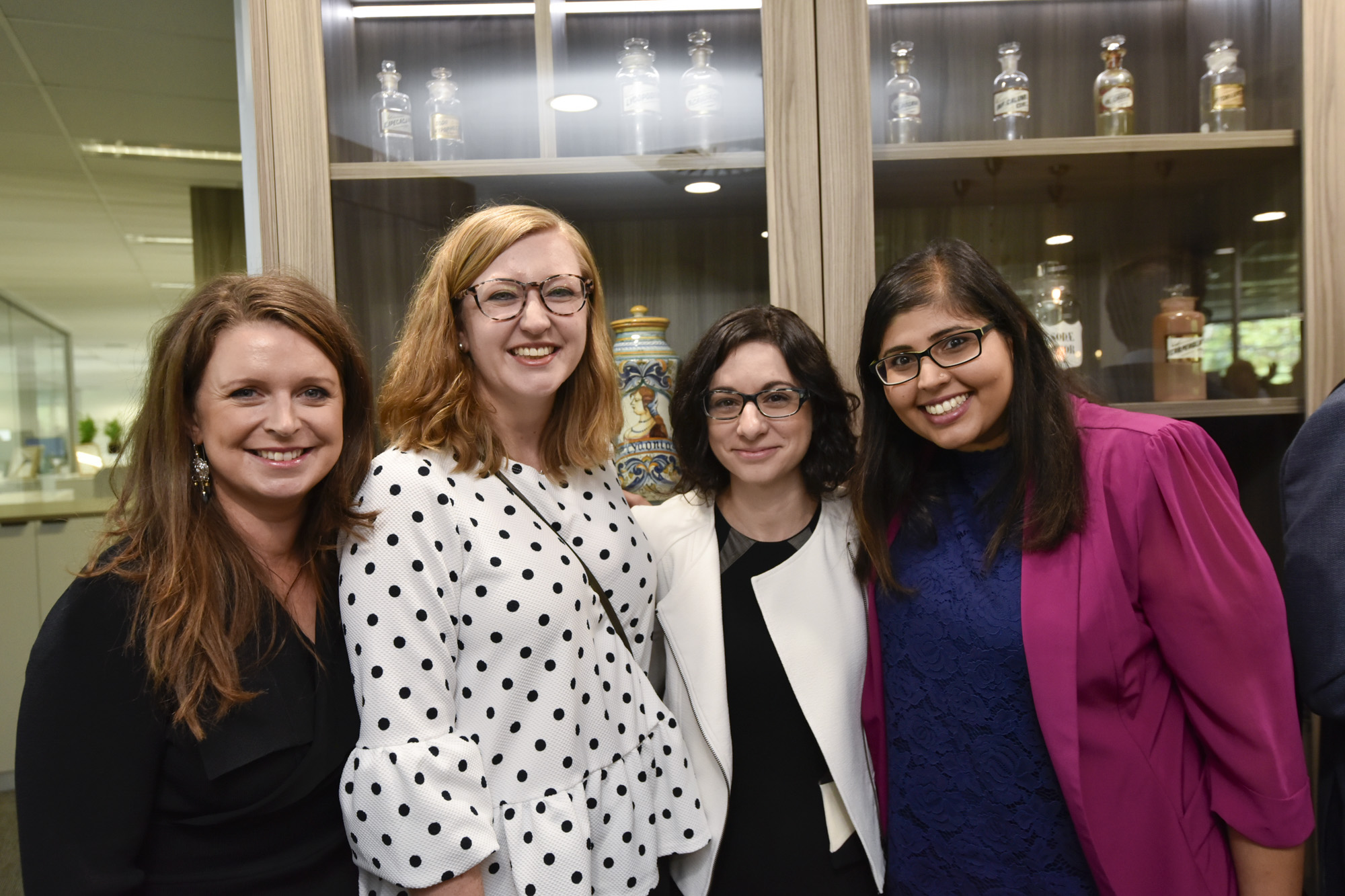


 [post_title] => New Pharmacy House opens
[post_excerpt] =>
[post_status] => publish
[comment_status] => open
[ping_status] => open
[post_password] =>
[post_name] => new-pharmacy-house-opens
[to_ping] =>
[pinged] =>
[post_modified] => 2018-04-05 12:33:52
[post_modified_gmt] => 2018-04-05 02:33:52
[post_content_filtered] =>
[post_parent] => 0
[guid] => http://psa.studionerve.com/?p=1231
[menu_order] => 0
[post_type] => post
[post_mime_type] =>
[comment_count] => 0
[filter] => raw
)
[title_attribute] => New Pharmacy House opens
[title] => New Pharmacy House opens
[href] => http://psa.studionerve.com/new-pharmacy-house-opens/
[module_atts:td_module:private] => Array
(
)
[td_review:protected] => Array
(
)
[is_review:protected] =>
[post_thumb_id:protected] => 1239
)
[post_title] => New Pharmacy House opens
[post_excerpt] =>
[post_status] => publish
[comment_status] => open
[ping_status] => open
[post_password] =>
[post_name] => new-pharmacy-house-opens
[to_ping] =>
[pinged] =>
[post_modified] => 2018-04-05 12:33:52
[post_modified_gmt] => 2018-04-05 02:33:52
[post_content_filtered] =>
[post_parent] => 0
[guid] => http://psa.studionerve.com/?p=1231
[menu_order] => 0
[post_type] => post
[post_mime_type] =>
[comment_count] => 0
[filter] => raw
)
[title_attribute] => New Pharmacy House opens
[title] => New Pharmacy House opens
[href] => http://psa.studionerve.com/new-pharmacy-house-opens/
[module_atts:td_module:private] => Array
(
)
[td_review:protected] => Array
(
)
[is_review:protected] =>
[post_thumb_id:protected] => 1239
)







